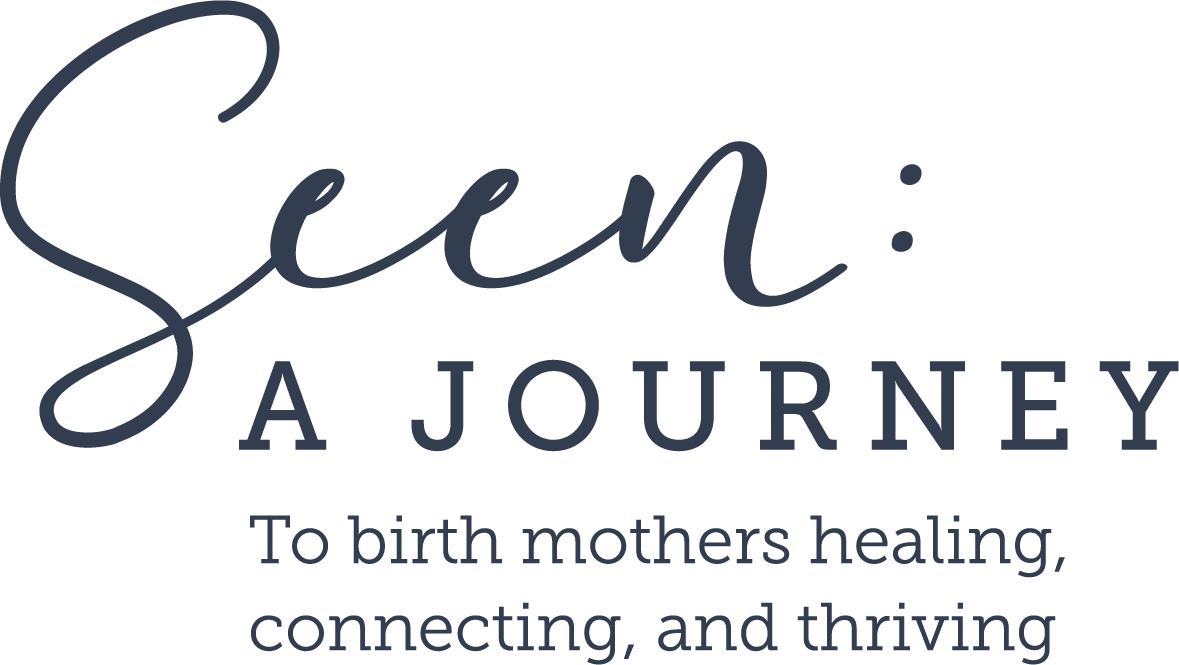It’s important to recognize and acknowledge that adoption is about providing a loving and stable home for a child, not about “saving” them. As adoptive parents, there are several steps we can take to break the “saviorism mentality” and better support our adoptee(s). We should focus on building a genuine and respectful relationship with our adoptee, understanding their unique needs and experiences. It’s also vital to educate ourselves about adoption-related issues and seek support from other adoptive families and professionals. By staying informed about the unique challenges and experiences that come with adoption, we can create a more empathetic and understanding environment for our child. This may involve seeking out literature, attending support groups, or even connecting with other adoptive families to gain different perspectives.
How To Break The Saviorism Mentality In Adoption
The saviorism mentality in adoption can manifest in a variety of ways. Making assumptions is usually the way it starts. Being open to listening and learning from our adoptee’s own experiences and feelings is essential for building a strong and loving relationship. We need to learn from all members of the adoption triad in order to gain a well-rounded and empathetic perspective. By engaging with birth parents, adoptees, and other adoptive families, we can better understand the complex dynamics of adoption and the diverse experiences of those involved instead of supposing we know and making assumptions about how to fix the people involved. This approach can help us create a supportive and nurturing environment that acknowledges and respects the perspectives of all individuals within the adoption triad.
We must also ensure that our adoptee’s cultural heritage and identity are respected and celebrated. By taking these steps, we can help create a healthier and more inclusive environment for our adoptee. One way to do this is by actively learning about and celebrating their cultural background. We can expose them to their traditional customs, food, music, and art, and engage in conversations about their heritage. It’s also important to connect with individuals from their cultural community and participate in relevant events and celebrations. By showing genuine interest and respect for their heritage, we can help our adoptee develop a strong and positive sense of identity.
Adopting A Child Does Not Fix Them Or Their Birth Family
Adoption often arises from challenging circumstances, and it’s important to recognize that expecting our adoptee to feel grateful simply for being adopted may not consider the complexity of their experiences. Each individual’s adoption journey is unique, and they may have a range of emotions about their background and the circumstances that led to their adoption. Instead of placing expectations on them to feel a certain way, it’s important to provide a supportive and understanding environment where they can openly express and process their feelings. This approach can help foster a more genuine and empathetic relationship within the adoptive family and help avoid the saviorism mentality.
As adoptive parents, our primary goal is to nurture a healthy, well-rounded adoptee who finds confidence in their identity in Christ. We strive to create an environment where our adoptee feels comfortable sharing any concerns or struggles they may have, knowing that they can trust us to provide unwavering love and support. Building a foundation of trust and open communication is crucial in our parenting approach, as we want our adoptee to feel secure and valued in our family. Our commitment is to walk alongside them through life’s challenges and triumphs, offering guidance, and reassurance every step of the way.
Our focus should always be on guiding our children to develop their own relationship with God and understand the love and sacrifice of Jesus Christ. It’s not about us trying to be their savior, but rather about demonstrating love, support, and nurturing in a way that reflects the teachings of Christ. Our role as parents is to help our children grow in their faith and understanding of God’s love, rather than trying to take on a role that rightfully belongs to Jesus in the first place.
“Yet even in the midst of all these things, we triumph over them all. For God has made us to be more than conquerors, and his demonstrated love is our glorious victory over everything.” Romans 8:37


